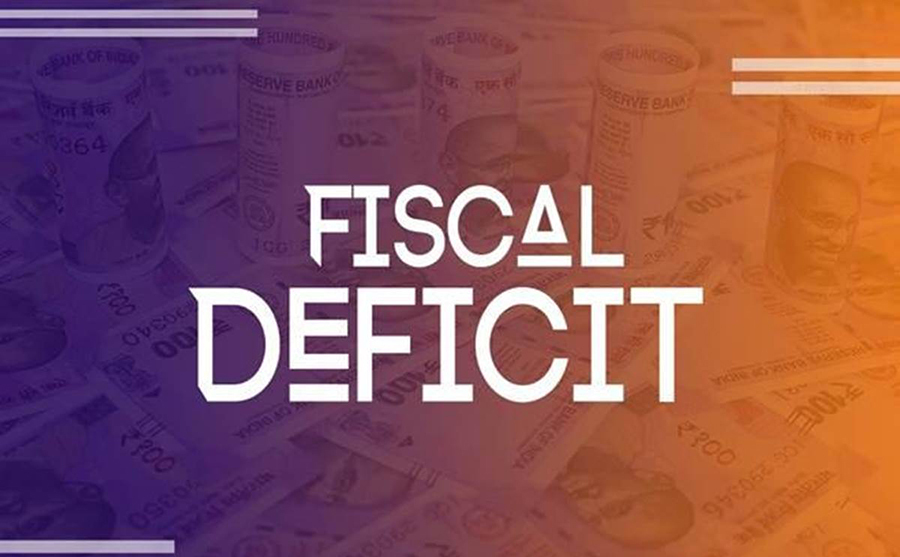Given the vulnerability of Nigeria to the current global economic disruption, a series of key adjustments have been made to the 2020 fiscal framework. One of such is the fiscal deficit and deficit financing strategy following revisions to projected revenue and planned expenditure.
Reports from the Addendum to the 2020-2022 Medium Term Expenditure Framework and Fiscal Strategy Paper (MTEF/FSP), reveal that the revised fiscal deficit is estimated at N4.58 trillion from N1.85 trillion in the 2020 Budget Framework passed by NASS.
READ ALSO: Independence day speech: Expect greater scrutiny of revenue generating agencies – President Buhari
This level of deficit is 3.29% of GDP and this is above the threshold of 3% of GDP as stipulated in the Fiscal Responsibility Act (FRA), 2007. Section 12 of the Fiscal Responsibility Act (FRA), 2007 (as amended), stipulates that:
(i) “the estimates of aggregate expenditure and the aggregate amount appropriated by the National Assembly for each financial year shall not be more than the estimated aggregate revenue plus a deficit, not exceeding three% of the estimated Gross Domestic Product or any sustainable percentage as may be determined by the National Assembly for each financial year”; and,
(ii) “aggregate expenditure for the financial year may exceed the ceiling imposed by the provisions of (i) above, if in the opinion of the President there is a clear and present threat to national security or sovereignty of the Federal Republic of Nigeria.”
(READ MORE: FG discloses how it will finance N5.36 trillion budget deficit)
According to the report, when the revenues and expenditures of the 10 GOEs as well as expenditures financed from project-tied loans are captured in the FGN’s budget, the aggregate fiscal deficit for 2020 will be N4.95 trillion, which is 3.55% of GDP.”
“We believe that the COVID-19 crisis poses a threat to national security within the contemplation of the FRA 2007, and therefore the President can legitimately approve a deficit in excess of 3% of GDP.”
The deficit will primarily be financed by new borrowings estimated at N4.17 trillion – N1.98 trillion from external (multilateral) concessional sources like the IMF, World Bank, & African Development Bank, and new domestic debts of about N593.89 billion. N126.04 billion will also be derived from Privatization proceeds, N263.63 billion from the Federal Government’s Special Accounts to fund covid-19 expenditures, and N387.30 billion will be drawn down on multilateral/bilateral loans obtained for specific development projects.























